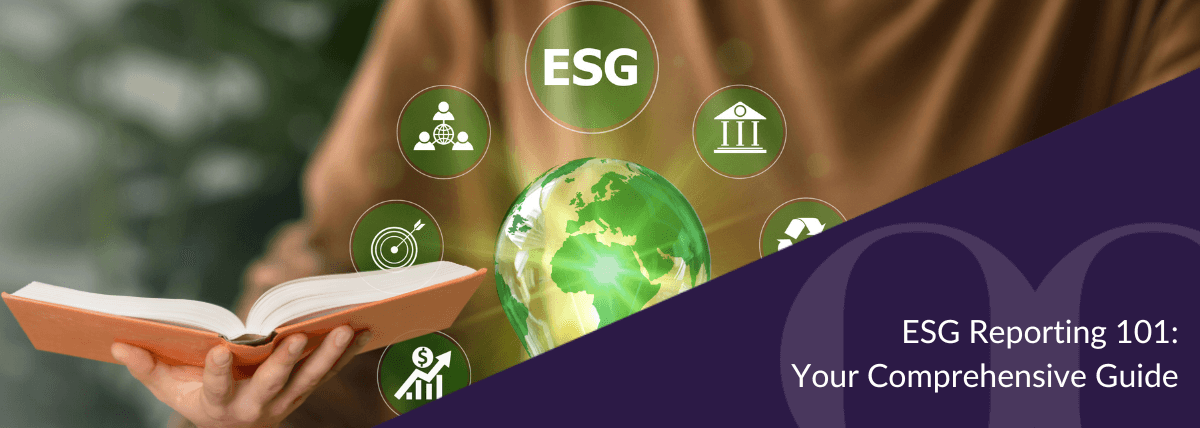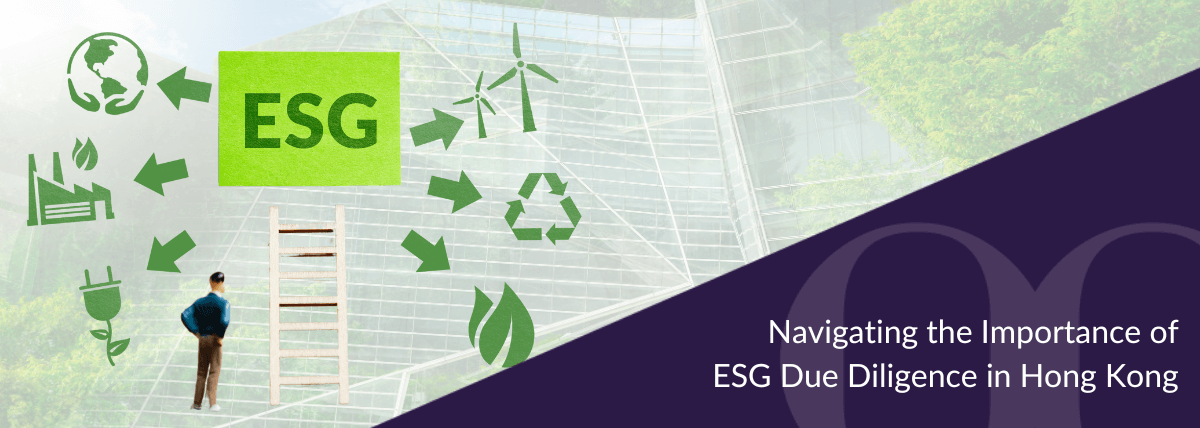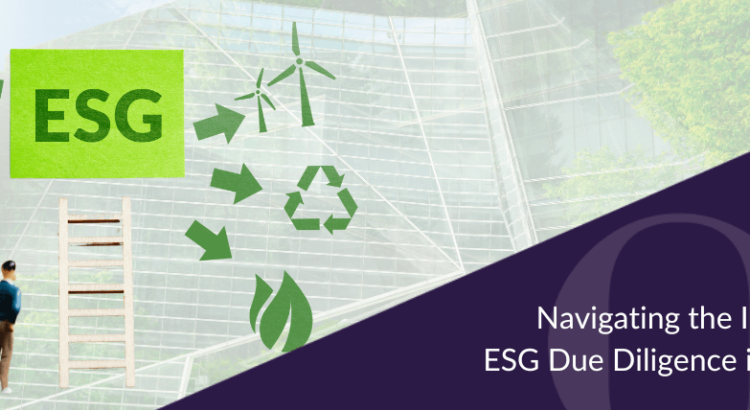In Hong Kong, the importance of conducting due diligence in Environmental, Social, and Governance (ESG) matters cannot be understated. The integration of ESG factors into financial decision-making has become a key focus for regulators, investors, businesses and clients in Hong Kong and globally. Neglecting to implement proper ESG policies and procedures might create substantial risks. This guide aims to navigate through the comprehensive due diligence process, addressing the multi-faceted challenges and implementing sustainable practices crucial for businesses aiming for long-term success.
What Is ESG?
ESG stands for Environmental, Social, and Governance. It includes these three key elements that are used to evaluate an investment’s sustainability and social impact on a corporation or business. The constantly changing landscape of sustainability and green finance legislation presents a range of opportunities for Hong Kong businesses, as regulatory agencies like the Securities and Futures Commission (SFC) vigorously endeavour to promote standardisation, and grow the market for ESG items.
What Is Due Diligence in ESG?
In the world of ESG, due diligence entails a thorough evaluation and investigation of an organisation’s environmental, social, and governance aspects. Due diligence assessments can come in a variety of forms, such as market analysis, operational due diligence, legal and tax assessments, organisational, technological, and economic evaluations. These procedures serve to detect and manage risks, guarantee regulatory compliance, ensure businesses operate ethically and have better long-term financial performance.
Investors, who are planning to undertake activities such as company mergers, acquiring stakes in other entities, or engaging in substantial business transactions, are likely to turn to prior due diligence assessment results for making investment decisions. Therefore, to get well-equipped for ESG compliance and build trust with stakeholders and investors, companies and corporations often enlist tailored ESG due diligence services to ensure that they are implementing sustainable practices for lasting success.
What Are the Steps involved in Due Diligence?
The due diligence process in ESG solutions typically involves several essential steps to ensure a thorough assessment of a company:
The process begins by gathering pertinent information directly from the prospective partner or through a third party. This includes details about the company, its shareholders, and other relevant information. Trained staff or external advisors often conduct this initial check to ensure the accuracy and completeness of data.
To delve into all aspects of the company’s business and affairs, this step includes a thorough review of crucial documents and information, assessing compliance with applicable laws, examining intellectual property rights, evaluating employment matters, scrutinising key contracts, and analysing regulatory and litigation issues.
This step focuses on verifying various aspects of the company, such as its business name, registration details, activity field, financial transactions, financial records, list of creditors and business partners, owned assets, number and status of employees, and evidence of tax compliance and legal obligations.
In certain cases, conducting in-depth research beyond the main issues mentioned above may be necessary to gain a more comprehensive understanding of the company.
After the assessment, it’s vital to set targets and strategise based on the findings. This involves pinpointing areas needing improvement, defining measurable objectives for ESG compliance, and crafting a plan to reach these goals. The focus is on mitigating risks and seizing opportunities for sustainable development, ensuring the company meets ESG standards while preparing for future advancements.

What Is the Importance of Due Diligence in ESG?
The importance of due diligence can be explained by its functions in the following 5 aspects:

Are There Any Organisations That Help with the Due Diligence Process?
In Hong Kong, businesses seeking assistance with the ESG due diligence process, especially for green and sustainable products, can turn to resources provided by authoritative bodies. The Hong Kong Monetary Authority (HKMA) has been instrumental in guiding companies through thematic examinations that focus on the development and management of such products. They have laid out specific “Due Diligence Processes for Green and Sustainable Products“, offering a valuable framework for companies to follow.
Moreover, for legal due diligence, companies can access publicly available information through various government authorities. This includes conducting searches at the Companies Registry for corporate governance information, the Land Registry for property-related details, and the Intellectual Property Department for intellectual property rights and protections.

What Are the Common Challenges That Companies Face in ESG Due Diligence?
Many companies, enterprises and business entities face challenges when it comes to performing due diligence processes, and they include the following:
How Can BoardRoom Help You with ESG Due Diligence?
BoardRoom can assist companies with ESG due diligence by providing comprehensive support in identifying, assessing, and managing ESG factors. This may include services related to regulatory compliance with the ever-changing legal landscape of ESG, risk management, and the implementation of sustainable business practices in Hong Kong. With BoardRoom’s innovative ESG Access software, which is backed by blockchain technology for transparency, companies can streamline their due diligence process with simple data management and collection, enabling data-driven decision-making and enhancing operational sustainability and stakeholder satisfaction easily.
Looking for an expert to help guide you through the complex due diligence process for your ESG initiatives? Talk to today to learn how our solutions can leverage technology to ensure a sustainable future for your business.
Contact BoardRoom for more information:
Related Business Insights
-

22 Mar 2024
ESG Reporting 101: Your Comprehensive Guide
Dive into ESG reporting in Hong Kong with this comprehensive guide. Understand ESG basics and best practices for re …
READ MORE -

11 Mar 2024
Business transformation: revolutionising finance and payroll functions
Understand how business transformation can enhance your finance and payroll functions and how seamless this can be …
READ MORE -

06 Mar 2024
Hong Kong Budget 2024-25 : Attracting Enterprises, Capital and Talent
Explore Hong Kong's 2024-25 Budget, tackling unexpected challenges with a strategic fiscal plan for growth and comp …
READ MORE


